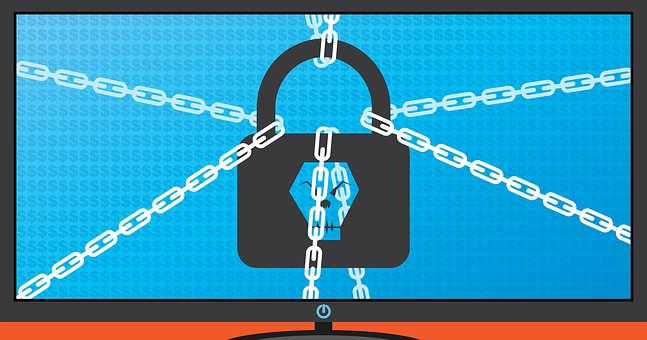Being online these days is necessary for any business to succeed. Having your own website is the most important tool for connecting with prospective clients and showcasing the products and services you offer. Whether it is an e-commerce site or one built around information on your brand, the stakes are simply too high when it comes to safeguarding the data your company stores and processes online – which makes cybersecurity a top priority for all kinds of businesses.
Why companies should invest in cybersecurity
In the digital age, drawing up and implementing a data security policy has emerged as one of the most crucial aspects of running a company. In order for a business to be able to protect its data, it must first identify what it has in store. Uncovering forgotten or rogue databases can reveal hidden risks while establishing what kind of information you hold across mainframes, databases and on the cloud can help better pinpoint sensitive data in need of better protection.
Evaluating the situation is the first crucial step which can enable companies to set up appropriate data security mechanisms in order to protect data from getting hacked. It also helps them understand what kind of internal security measures must be taken, as very often risks come from within an organization. Careless or compromised users can become a way in for malicious cybercriminals trying to get their hands on a company’s valuable assets, while disgruntled employees with too many access privileges could also present problems. Regulating access rights on a need-to-know basis and performing regular checks is critical.

Source: Pexels
Installing cybersecurity measures is especially important for companies that are in a particularly vulnerable position. This includes companies that gather large volumes of data, as hackers are looking for ways to maximize the impact of their attacks, as well as companies that have access to sensitive information, like healthcare or banking data. Businesses running their own e-shops should be extremely cautious, as they need to process payment and credit card data.
As alternative payment methods rise in popularity, the landscape becomes even more complicated. Nowadays, 80% of the world’s top 500 online retail brands use PayPal Checkout as a payment method – with Amazon Pay ranking second but by a wide margin, currently representing 11% of the same group. This figure translates to 85% of PayPal’s sales and a whopping 70% of its total payment volume, while its platform features over 250 million active user accounts and 20 million retailer websites use it. As alternative payment options become more mainstream, retailers need to make sure they are taking everything into consideration to provide a safe shopping experience for clients.
How to safeguard business data in practice
This means implementing cybersecurity solutions across a company’s operations. Installing a firewall on every company computer, as well as anti-virus and anti-malware software is a great first step towards protecting your business data against low and mid-level attacks.
In order to be fully protected, the best idea is to also invest in human capital. According to the size of your business, it might be important to hire an external consultant to develop a well-rounded cybersecurity policy, as well as developing your own IT expert team to take care of its implementation. This means that the right people will be able to identify the proper solutions for combating some of the most common hacker attack vectors, like SQL injection, cross-site scripting, or zero-day attacks.
Another very popular hacker method is phishing – a scam email or message is sent to individuals that appears to be from a trusted source. The ultimate goal is to dupe them into clicking on a malicious link that will download and install ransomware or give the intruder access to valuable data. That is why training your employees on how to recognize phishing campaigns and other attacks is an important step towards beefing up your defenses.

Source: Pexels
Hacker attacks against companies should not be taken lightly, as they could have devastating consequences for any business. In 2018 alone, 1,244 data breaches were recorded in the US, leaving 446.52 million records exposed, while in 2017 a whopping 1,579 incidents were recorded that led to 178.96 million records being leaked. Many hackers aim to access valuable data in order to use it for identity theft and extortion, but very often they just destroy data while testing out new attack vectors.
Suffering a data breach can also have a far-reaching effect, as it undermines the trust clients have in your company and tarnishes your brand. It is evident that such a blow to your reputation could lead to consumers leaving and turning to competitors. This kind of damage can have a slow-burning effect that can take years to bounce back from. Large companies could end up investing significant funds for amending brand value, with uncertain results, while many small- and medium-sized companies may find themselves unable to recover.
A data breach can cost a lot to fix and threaten the financial sustainability of your company. This effectively means that investing more funds beforehand could save you a lot more in the long run – and that is why cybersecurity matters for companies looking to allocate funds sensibly.
